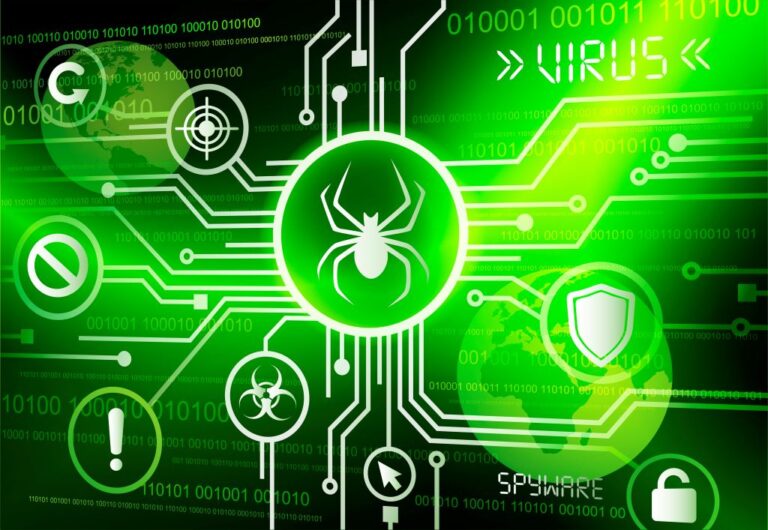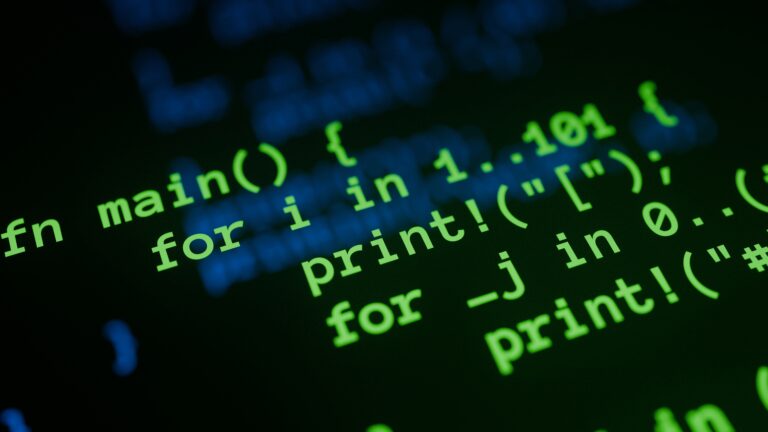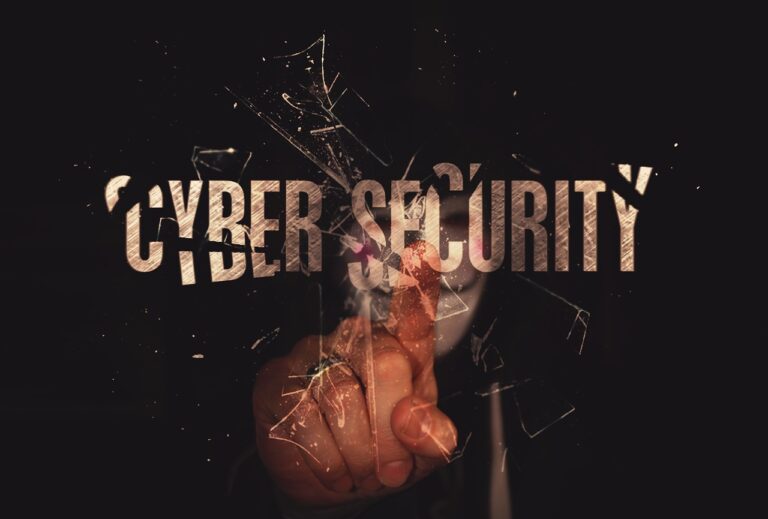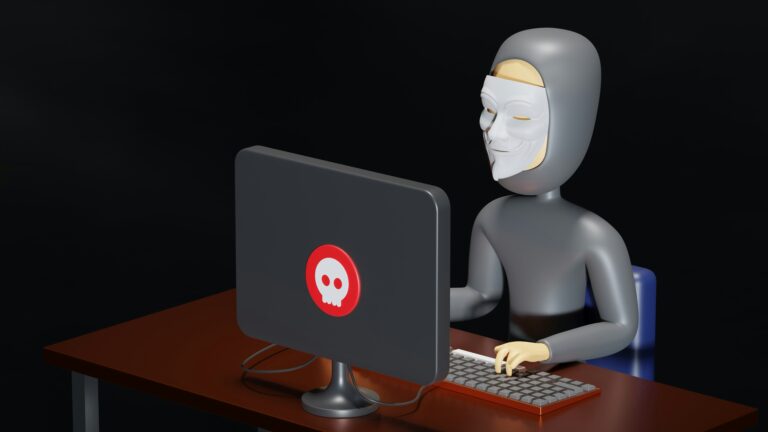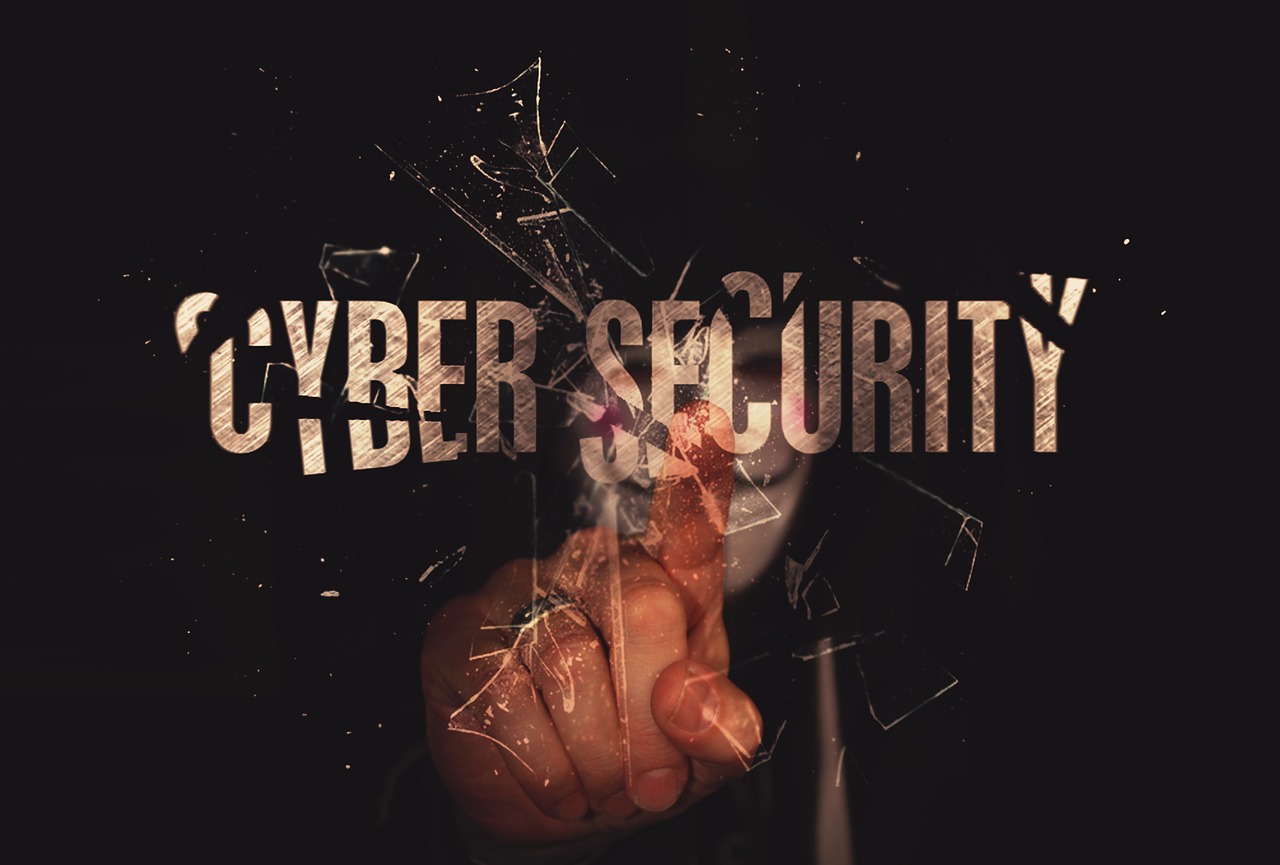What is Cyber Security?
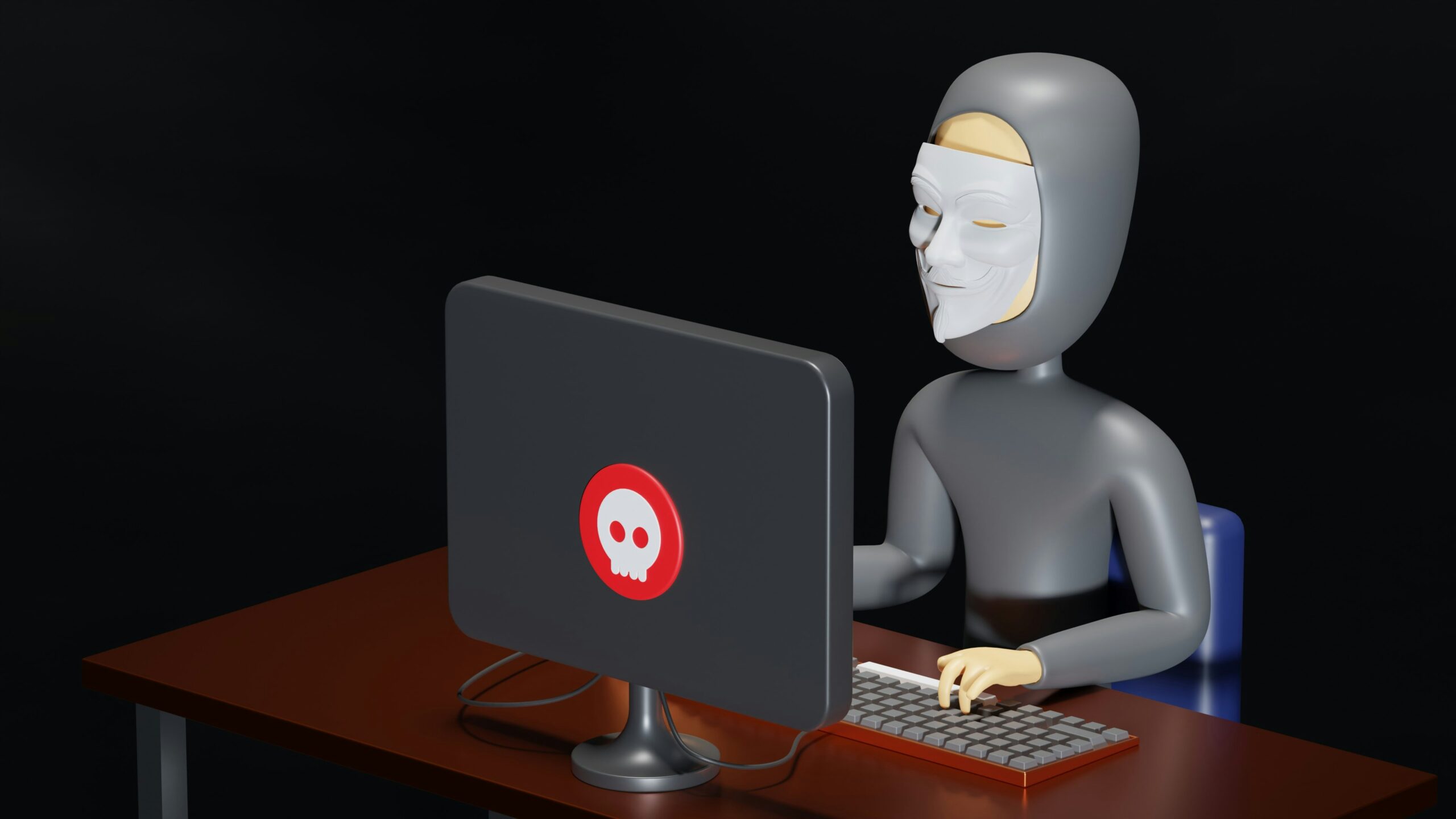
Imagine you have a very important treasure chest that holds all of your secrets and favorite things, pictures, toys, and special notes. Now, think about how you would protect this treasure chest so that no one could break in, take your stuff, or see things you want to keep private. Cybersecurity is like putting a super strong lock on that chest, but it’s for protecting information on computers and the internet!
The Basics: What is Cybersecurity?
Cybersecurity is all about keeping computers, networks (which are groups of connected computers), and information safe from people who might try to steal or damage it. Just like you wouldn’t want anyone snooping around in your diary or taking your toys, people and companies don’t want anyone sneaking into their computers to take their information. Cybersecurity helps prevent that.
Information on the internet can include anything from family photos to important business plans, and even your personal details, like your home address or phone number. If someone gets into this information without permission, they could cause problems. Cybersecurity is there to protect this information and make sure only the right people can see or use it.
The Bad Guys: Cyber Attackers
To understand cybersecurity better, let’s talk about the “bad guys” called cyber attackers, or hackers. These are people who try to get into computers or networks without permission. Hackers can have different reasons for breaking into computers. Some do it for fun or to show off their skills, but others do it to steal things like money or information. They might want to cause trouble by breaking things or making people feel unsafe.
Imagine a hacker like a sneaky thief who tries to unlock the doors on your house to steal what’s inside. Hackers do the same thing, but instead of doors, they try to find ways into computers and networks.
The Good Guys: Cybersecurity Professionals
Luckily, there are “good guys” in cybersecurity who work to stop hackers from causing harm. These are people who understand how computers and networks work and know how to keep them safe. They set up barriers, traps, and special alarms that can stop hackers from getting in or make it much harder for them to try.
Cybersecurity professionals work in many different places, from government offices to hospitals and schools. They are like digital security guards, keeping a close watch on computer systems to make sure everything stays safe.
How Do Cyber Attacks Happen?
There are lots of different ways that hackers can try to break into computers or steal information. Here are a few of the most common:
🔸Phishing – This is like a trick where hackers send fake messages (like emails) that look like they’re from a trusted person or company. These messages might ask you to click on a link or give away important information, like a password. Once you click the link or give them information, the hacker can use it to get into your account.
🔸Malware – This is a kind of software, or program, that hackers use to damage computers or steal information. Sometimes it’s hidden in files or programs that look safe, like a game or a video. When someone opens it, the malware can take control of the computer and do what the hacker wants.
🔸Password Attacks – Hackers sometimes try to guess or steal passwords to get into accounts. If your password is something simple like “1234” or “password,” it’s much easier for them to figure out. That’s why it’s so important to use strong passwords that are hard to guess.
Why is Cybersecurity Important?
Imagine if someone knew everything about you, like where you live, who your friends are, and even where you hide your treasures. You wouldn’t feel very safe, right? Cybersecurity is important because it protects all this information for both individuals and big organizations like businesses or governments.
For example:
🔸Personal Safety: Cybersecurity helps protect people from having their private information stolen. This includes things like your address, phone number, and even financial details like credit card information.
🔸Business Protection: Companies use cybersecurity to protect their data, which might include customer information, business plans, and finances. If a hacker steals this information, it could cost the company a lot of money and even hurt its reputation.
🔸Government Security: Governments also need cybersecurity to protect important national information. If a hacker gets access to this information, it could be dangerous for the country.
Layers of Cybersecurity
Just like when you lock your front door, have a guard dog, and set up cameras to keep your house safe, cybersecurity has many layers, or levels, of protection. Each layer makes it harder for hackers to get in. Here are some key layers:
🔸Firewall: Think of a firewall as a digital gatekeeper. It watches over network traffic (the data moving in and out of a network) and decides what can enter or leave the network, blocking anything that looks suspicious.
🔸Antivirus Software: This is a program that scans for and removes viruses or malware. It’s like a doctor for computers, searching for anything harmful and helping to get rid of it.
🔸Encryption: Encryption is a way of scrambling information so that only the person with the right code can read it. It’s like writing a message in a secret code so that if someone finds it, they can’t understand it without the code.
🔸Multi-Factor Authentication (MFA): MFA is like needing more than one key to open a door. It requires users to provide two or more forms of identification to log into an account, like a password and a fingerprint scan. This makes it much harder for hackers to get in.
🔸Regular Updates: Cybersecurity professionals make sure that software is always updated to fix any weak spots that hackers might try to exploit.
How Can You Stay Safe Online?
Even though cybersecurity professionals are hard at work protecting information, there are also things we can do to stay safe on the internet. Here are some tips:
🔸Use Strong Passwords: A strong password has a mix of letters, numbers, and symbols, making it hard to guess.
🔸Don’t Click on Strange Links: If you get a message from someone you don’t know, or if it looks suspicious, don’t click on any links or download any files.
🔸Keep Software Updated: Make sure that your apps, games, and other programs are up to date. Updates often fix security problems.
🔸Use Multi-Factor Authentication (MFA): Many websites let you use MFA to add an extra layer of protection. Take advantage of this whenever possible.
🔸Be Careful What You Share: Avoid sharing too much personal information on social media or websites, especially things like your address, phone number, or financial details.
A Bright Future with Cybersecurity
Cybersecurity is constantly evolving because hackers are always finding new ways to get into systems. This means that cybersecurity professionals must stay alert, learn new skills, and use new tools to stay ahead. The future of cybersecurity is bright, with lots of new inventions and technologies helping us stay even safer online.
So, the next time you go online to play a game, chat with friends, or watch a video, remember all the hard work that goes into keeping you safe. Cybersecurity is like a superhero working behind the scenes, guarding your treasure chest of information and making sure it stays out of the hands of the bad guys.
In the end, cybersecurity is about keeping you, your information, and the information of others safe. It’s like putting a strong lock on the door of a treasure chest, protecting what matters most in a world full of digital wonders!

